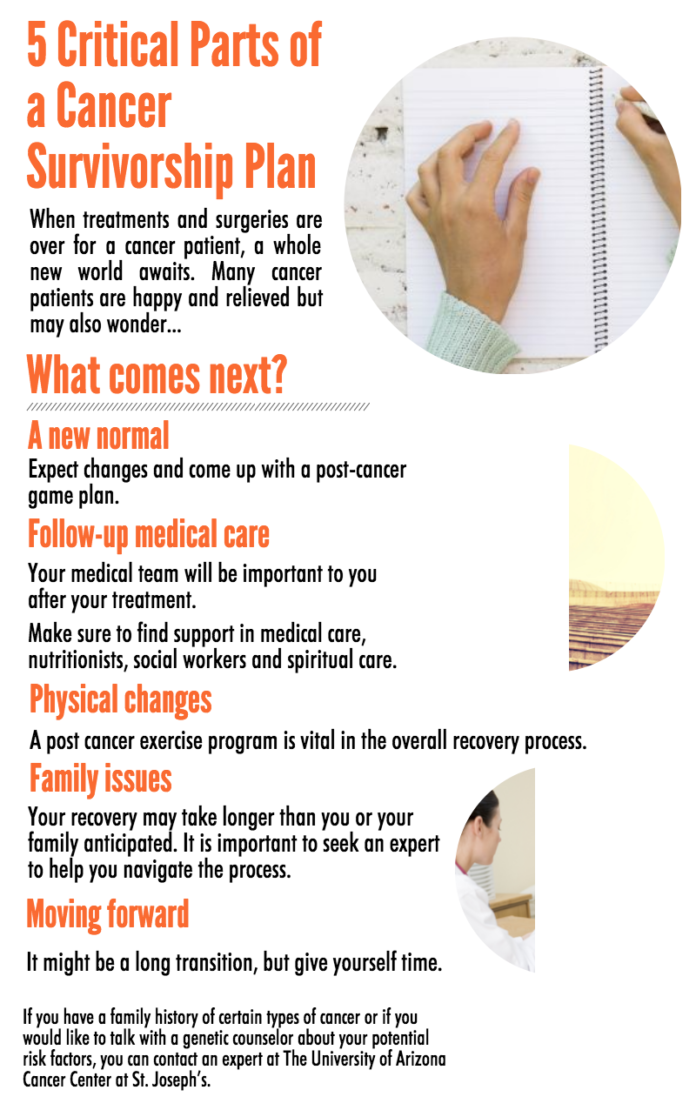
Navigating Life After Colon Cancer: Inside the Growing Field of Survivorship Programs
Colon cancer is a devastating disease that affects millions of people around the world. However, advancements in medical technology and treatment options have increased survival rates for colon cancer patients. As a result, there is a growing need for survivorship programs to help individuals navigate their lives after beating this disease.
Survivorship programs are rapidly emerging as a crucial component of comprehensive cancer care. These programs offer a variety of services that aim to address the physical, emotional, and practical needs of colon cancer survivors. From regular check-ups and monitoring to counseling services, survivorship programs play a significant role in ensuring the well-being of individuals who have battled colon cancer.
One essential aspect of survivorship programs is the development of personalized follow-up plans. These plans are tailored to the unique needs of each survivor and often include regular check-ups and screenings to monitor for any signs of recurrence. By providing survivors with a roadmap for their ongoing health care, these programs ensure that any potential issues are detected and addressed promptly.
In addition to medical monitoring, survivorship programs recognize the emotional toll that cancer takes on individuals and their families. Many survivors experience anxiety, depression, and fear of recurrence, which can significantly impact their quality of life. To address these psychological challenges, survivorship programs often offer counseling services that aim to support survivors in coping with their emotions and fears.
Furthermore, survivorship programs recognize that cancer survivors may face practical challenges in their everyday lives. For instance, individuals may need assistance with navigating insurance and financial issues, returning to work or adjusting to changes in their physical and emotional well-being. By providing resources and guidance in these areas, survivorship programs aim to help survivors regain control of their lives and promote their overall well-being.
Survivorship programs also focus on educating survivors about healthy lifestyle choices and preventive measures. Adopting a healthy lifestyle has been shown to reduce the risk of cancer recurrence and improve overall well-being. These programs provide survivors with information on nutrition, exercise, stress management, and cessation of tobacco and alcohol use. By empowering survivors to make positive lifestyle changes, survivorship programs play a crucial role in promoting long-term health and well-being.
Additionally, survivorship programs foster a sense of community among colon cancer survivors. Peer support groups and survivorship events create opportunities for individuals to connect with others, share their experiences, and find solace in knowing they are not alone in their journey. These support networks can be instrumental in helping survivors navigate the emotional and practical challenges they may encounter.
While survivorship programs are gaining recognition as a vital part of cancer care, there is still work to be done to ensure their widespread availability. Access to survivorship programs may be limited due to geographical location, healthcare disparities, and financial barriers. Efforts are being made to advocate for equitable access to survivorship programs, ensuring that all colon cancer survivors have the opportunity to benefit from these valuable resources.
In conclusion, survivorship programs are essential in helping colon cancer survivors navigate their lives after treatment. These programs address the physical, emotional, and practical needs of survivors, providing them with personalized follow-up plans, counseling services, educational resources, and support networks. As the field of survivorship programs continues to grow, efforts must be made to ensure their widespread availability, ultimately improving the overall well-being of colon cancer survivors.












